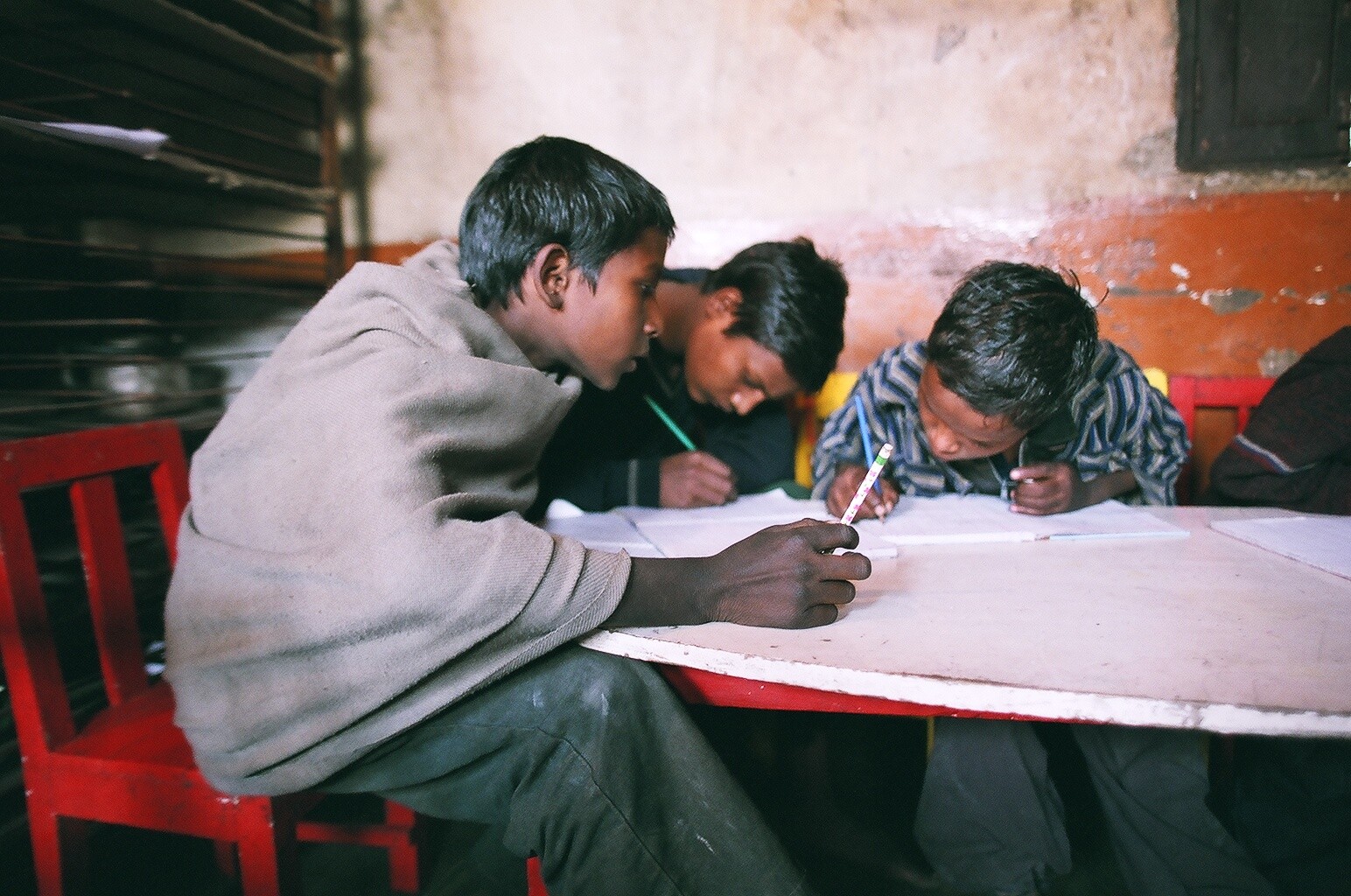On 7th January 2020, a young child, Abdul Sanad (name changed) was found wandering across platform 4 at the Ghaziabad railway station. Abdul had been searching for a way back to his home. Members of the RCI team noticed Abdul looking confused and desperately looking for help. They immediately approached Abdul and invited the ten-year-old boy to the Child Assistance Booth (CAB).
A Child-Friendly Approach Made Abdul Open Up
Once Abdul had been brought to the CAB, he grew increasingly nervous. He nibbled on the snacks and water he was provided but eventually opened up to the RCI members helping him. He admitted that he had travelled to the Ghaziabad station because he was curious about the station and the way the trains journeyed, even missing his school day to do so but he forgot the way back home and was stranded on the station. As he spoke, his evident fear took hold as he began to sob, crying for his parents and his home. The social workers managed to calm him down through distractions as they engaged in board games like Ludo. As they played, the RCI members were able to coax more information from Abdul. His father is a daily wageworker. But recently his father has fallen very ill and was unable to work for some time. To ensure her family had income, Abdul’s mother began to run a local confectionary shop. Abdul also has four siblings and his grandfather even lives with them, and is dependent on the family for care.
While they talked, Abdul told the social worker his parents’ contact details. His parents were asked to come down to the CAB with proper identification and proof that Abdul is their child. Once their evidence had been verified, Abdul was released into the care of his parents. Roughly a week following these events, a family worker visited Abdul’s home to see how the family was doing. RCI was pleased to learn the family was well and that Abdul was attending school regularly.
Reaching Basic Essentials During The Pandemic
However, as the threat of a global pandemic intensified and the country underwent lockdown, misery struck Abdul and his family. During a recent follow with the family, RCI discovered that Abdul’s father’s sickness had only worsened, and he was unable to see a doctor. On top of that, his father had also lost his job. Abdul’s mother also faced unemployment since business for her confectionary shop was incredibly slow. She had tried to find some form of domestic work, but no one was hiring at the time. The family had sunk into a crisis with barely any rations and hardly money to buy more rations. To provide the family with an immediate relief, the RCI team provided the family with dry rations for fifteen days from a nearby shop using an e-pay system so that they have the means to survive this pandemic.
In addition, the family has been linked with the community kitchen programme that has been going to vulnerable families. A counsellor from RCI also imparted information about personal hygiene and protection during the COVID-19 outbreak (like washing hands). They also discussed how to spend time at home with their family. After the help had been utilised and Abdul’s family returned to some semblance of normalcy, they called the team at RCI to thank them for all their help. Abdul’s mother said “I didn’t expect such help in this period of crisis after bringing my child back home”. RCI is committed to continue helping these children and their families, and to ensure that no one is left behind in this time of crisis.





